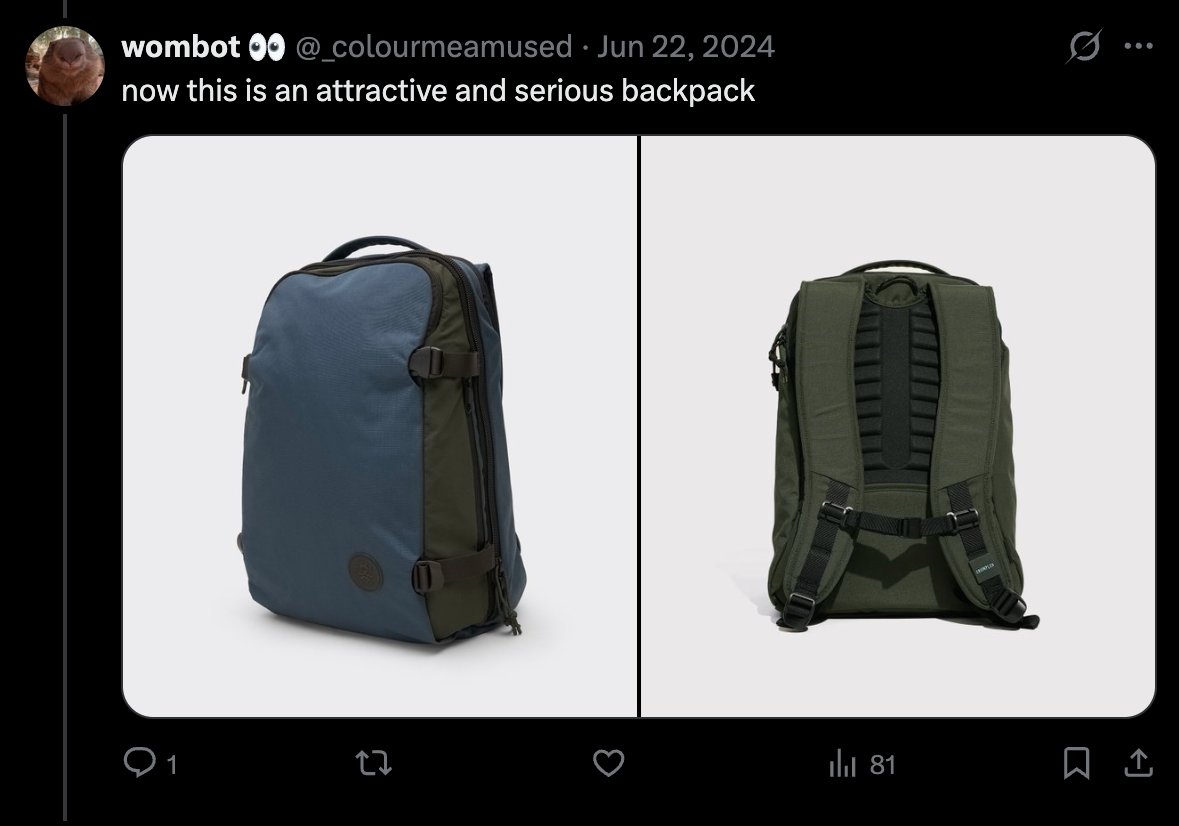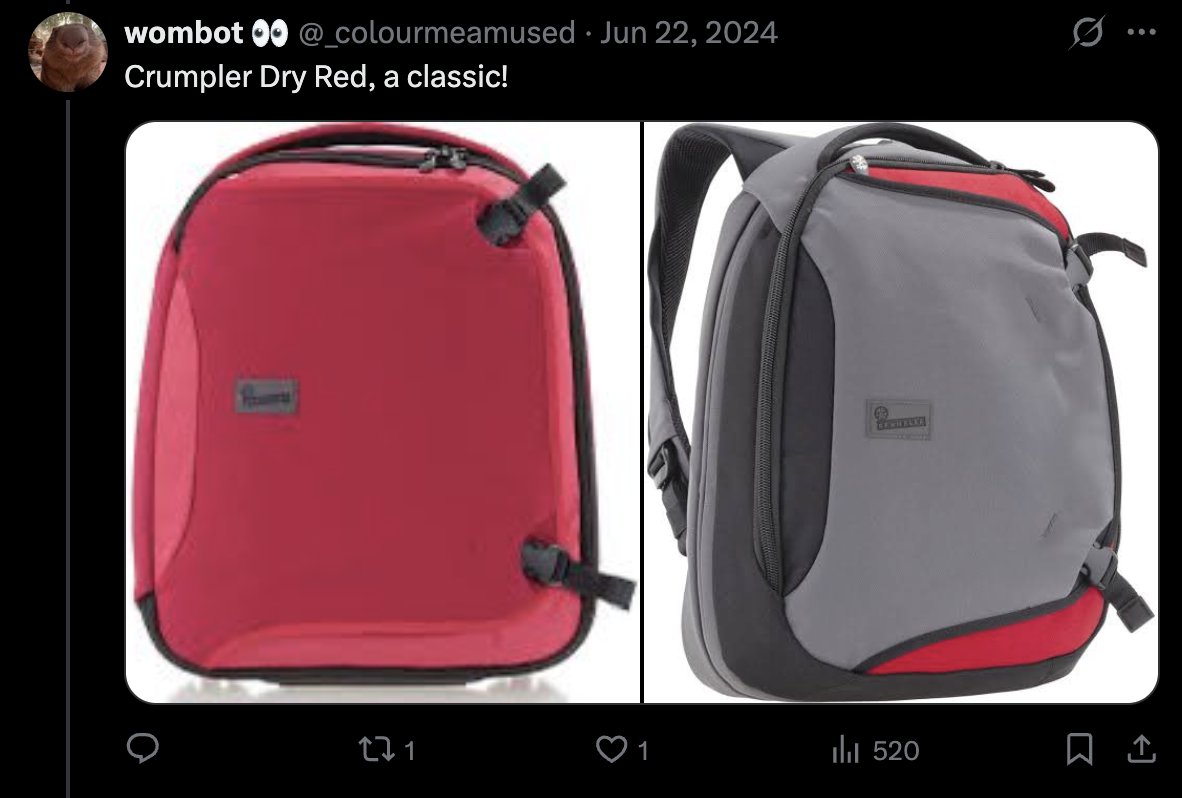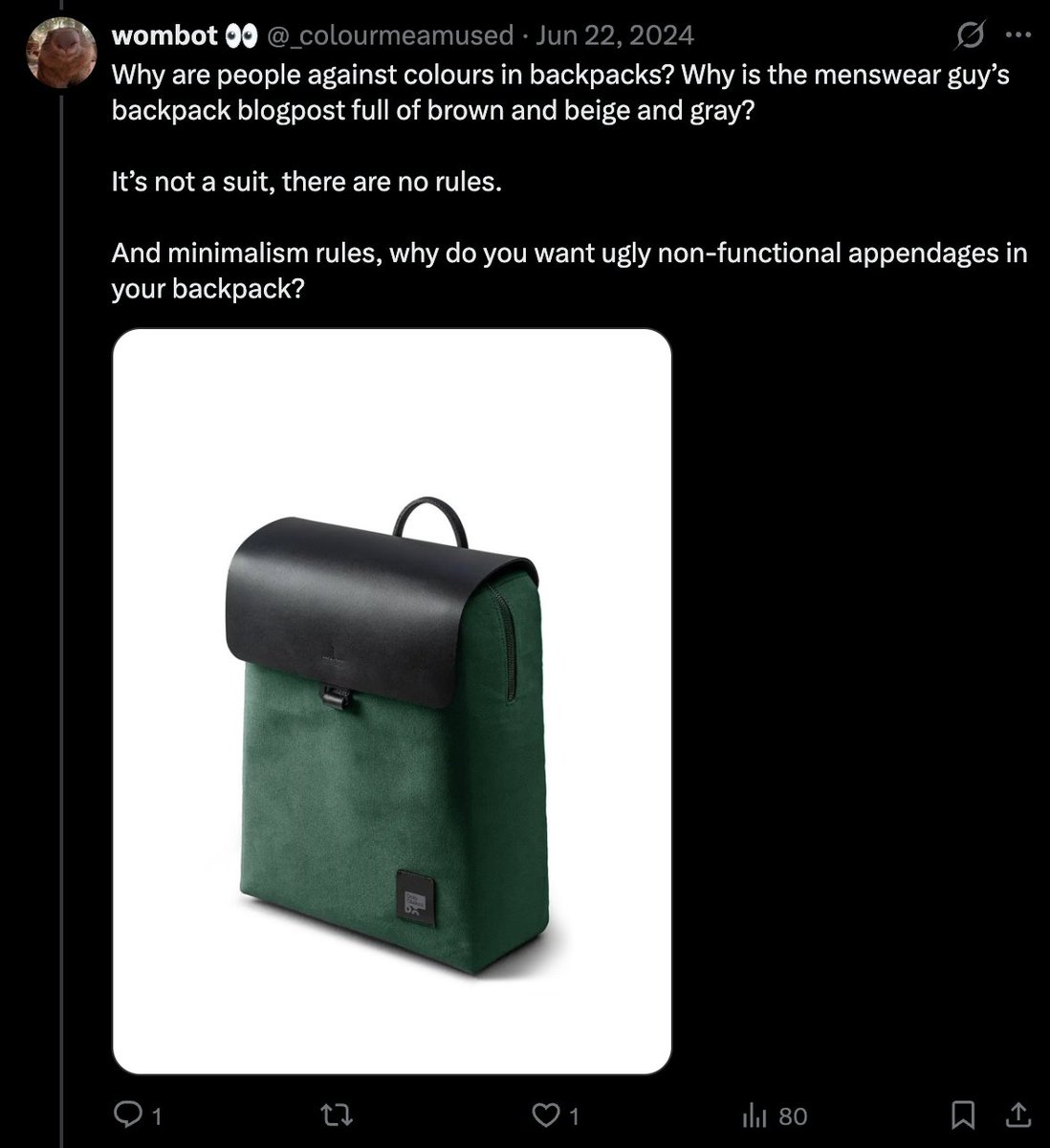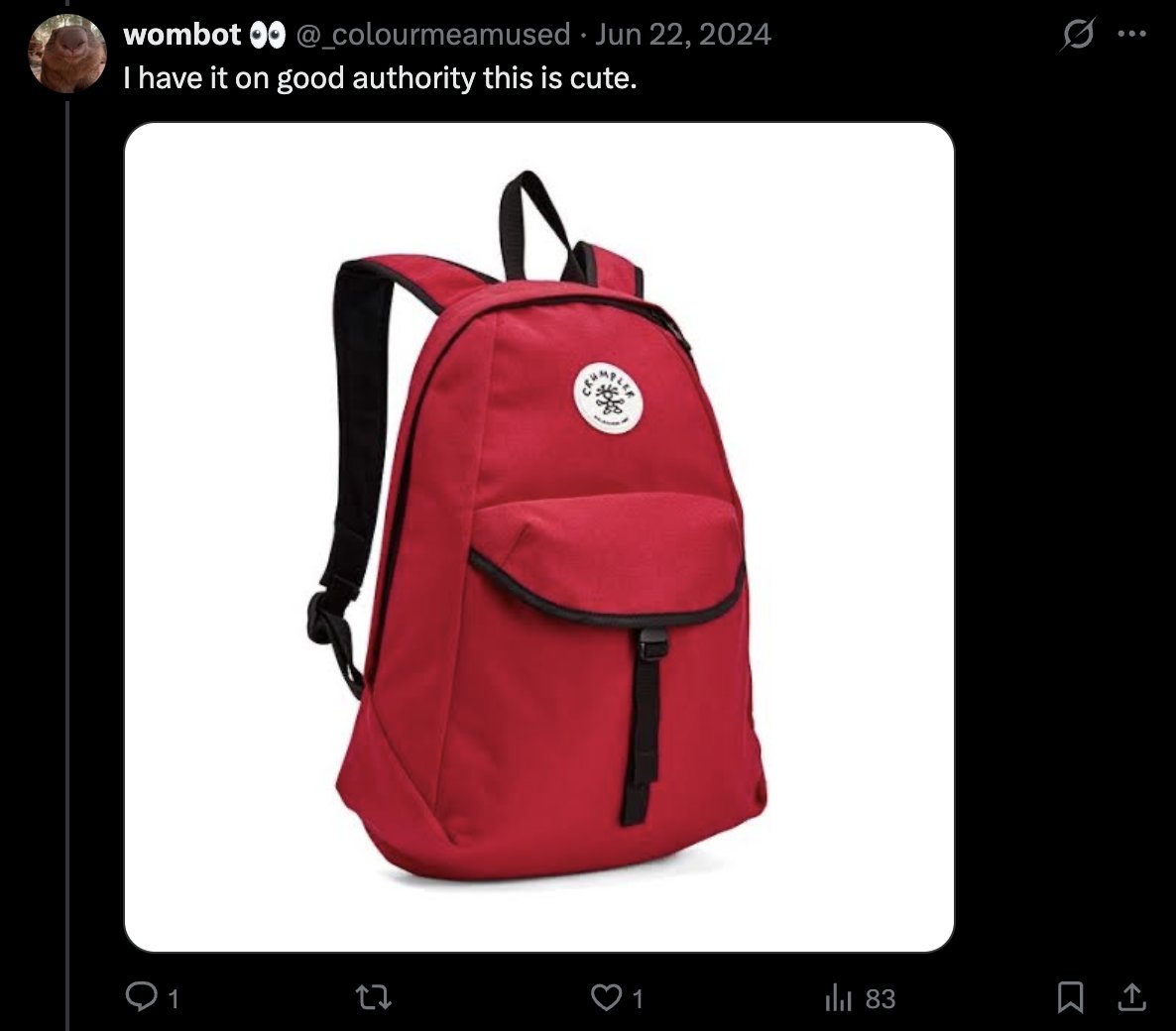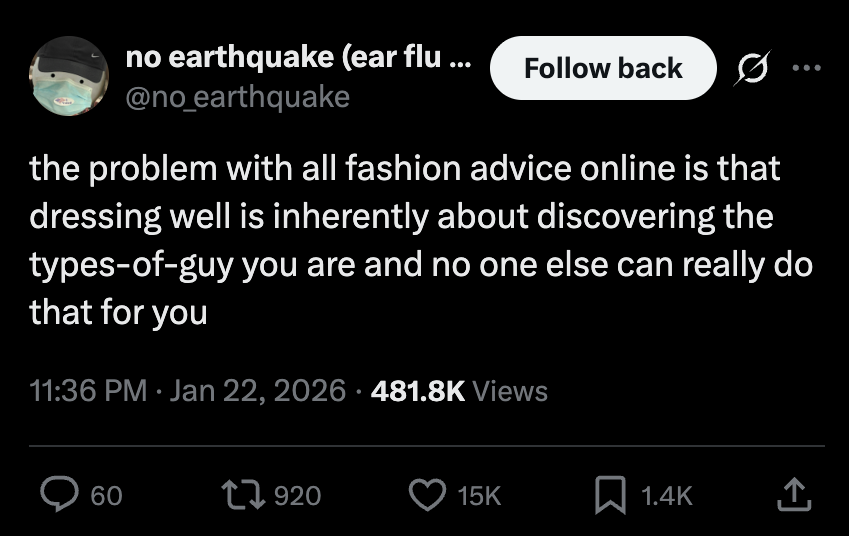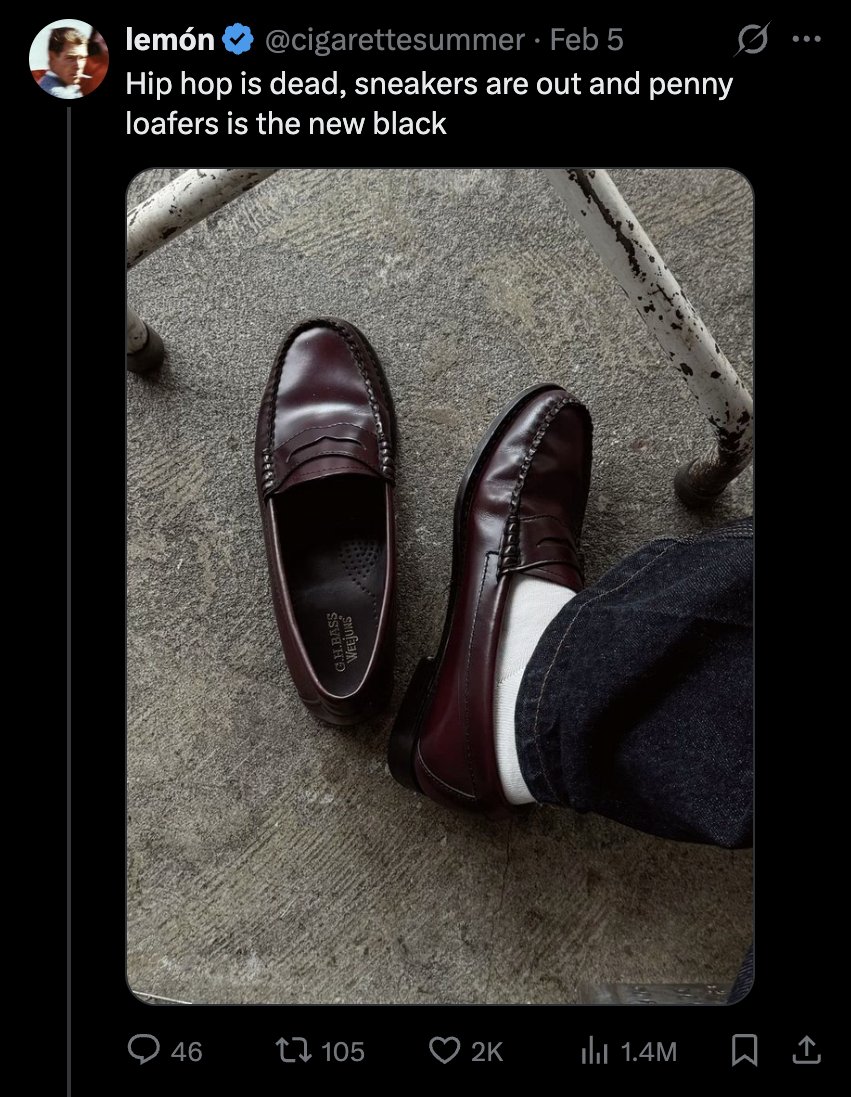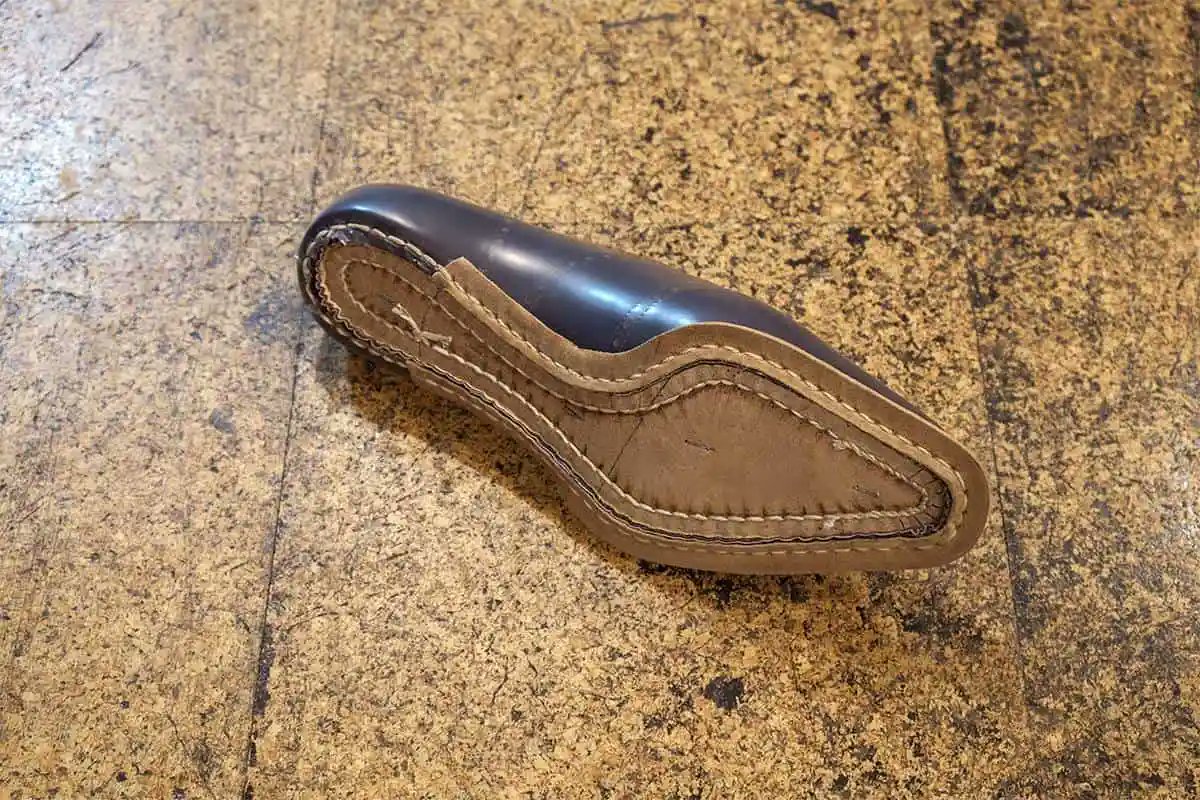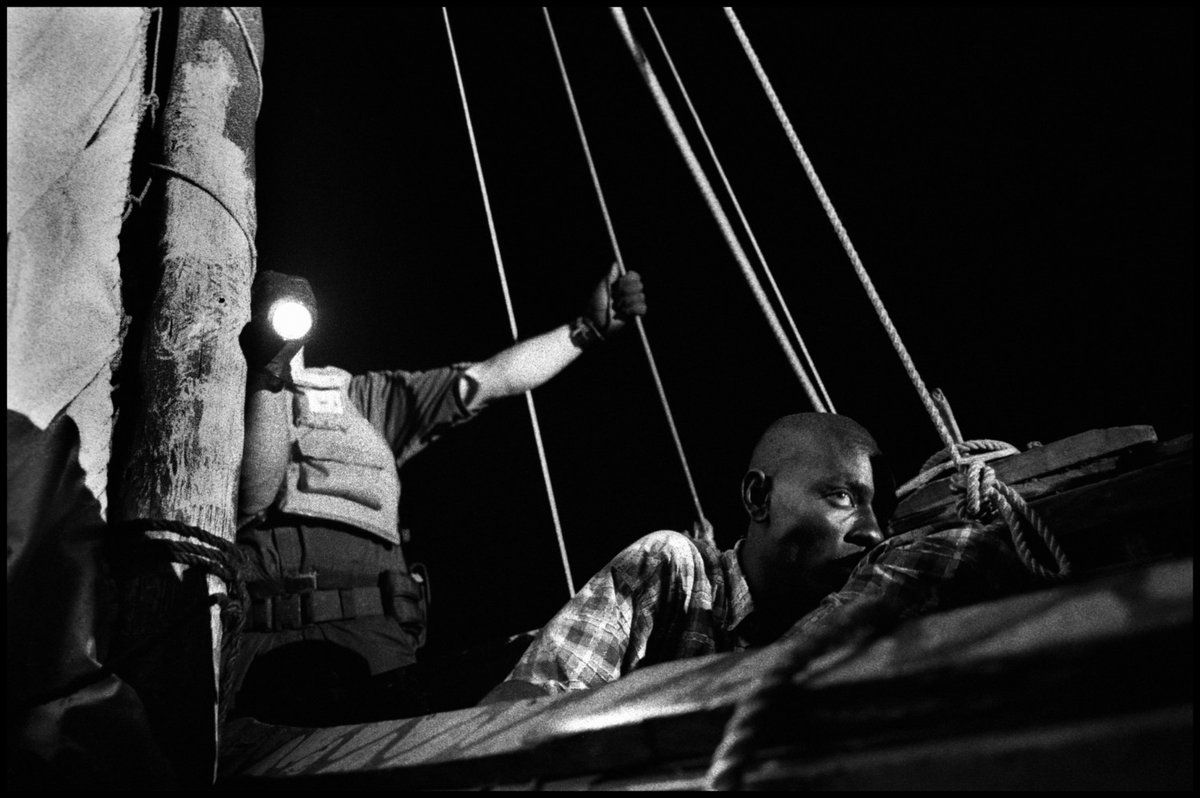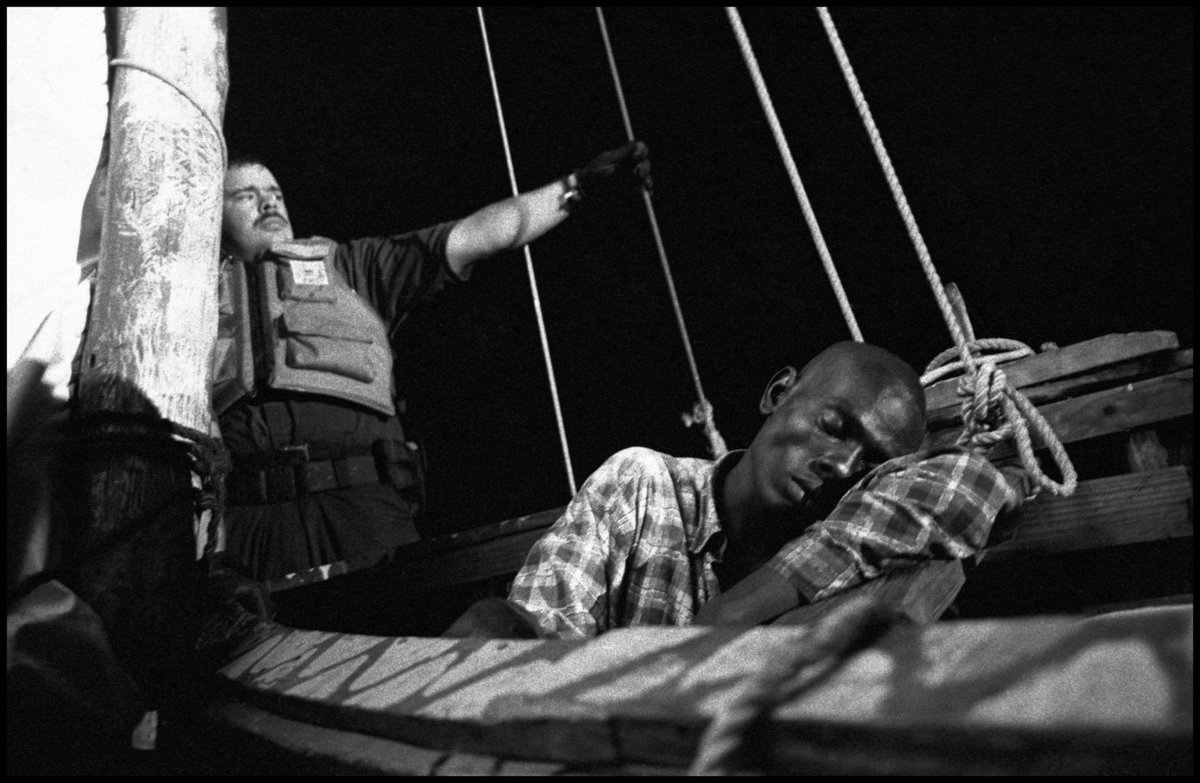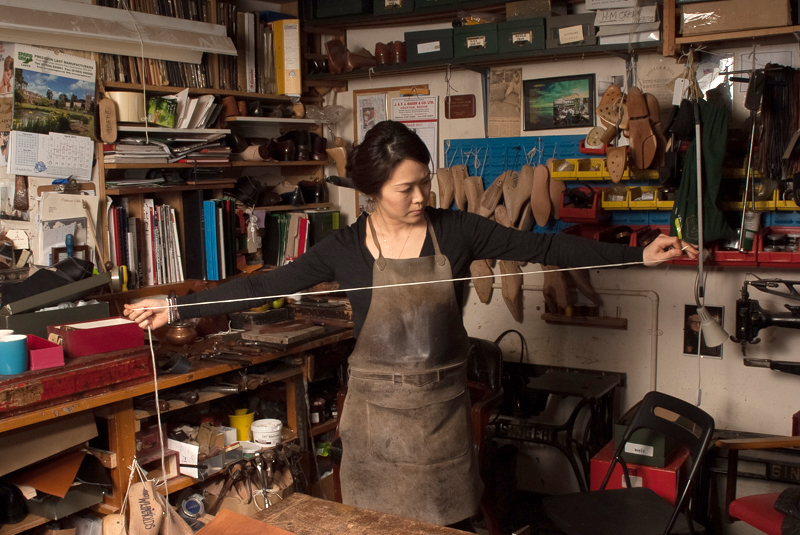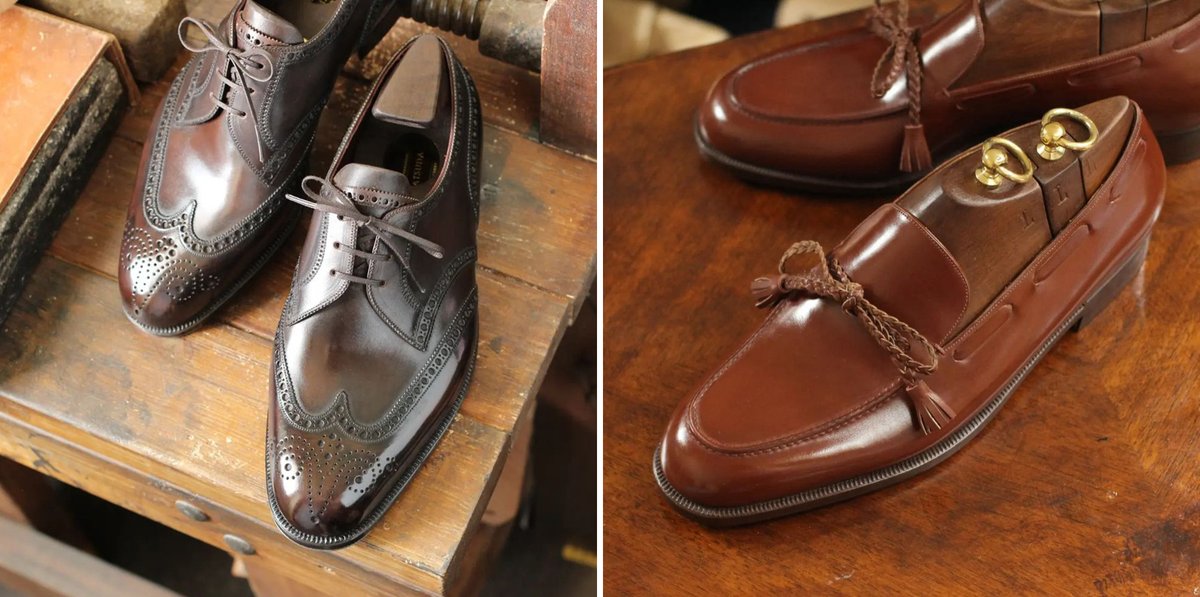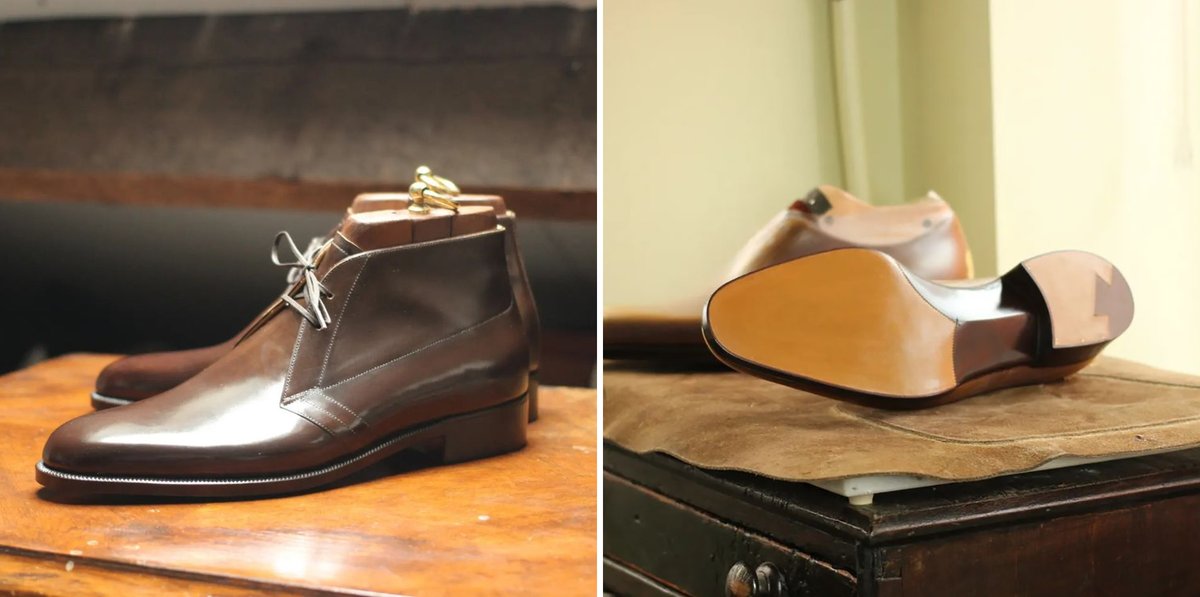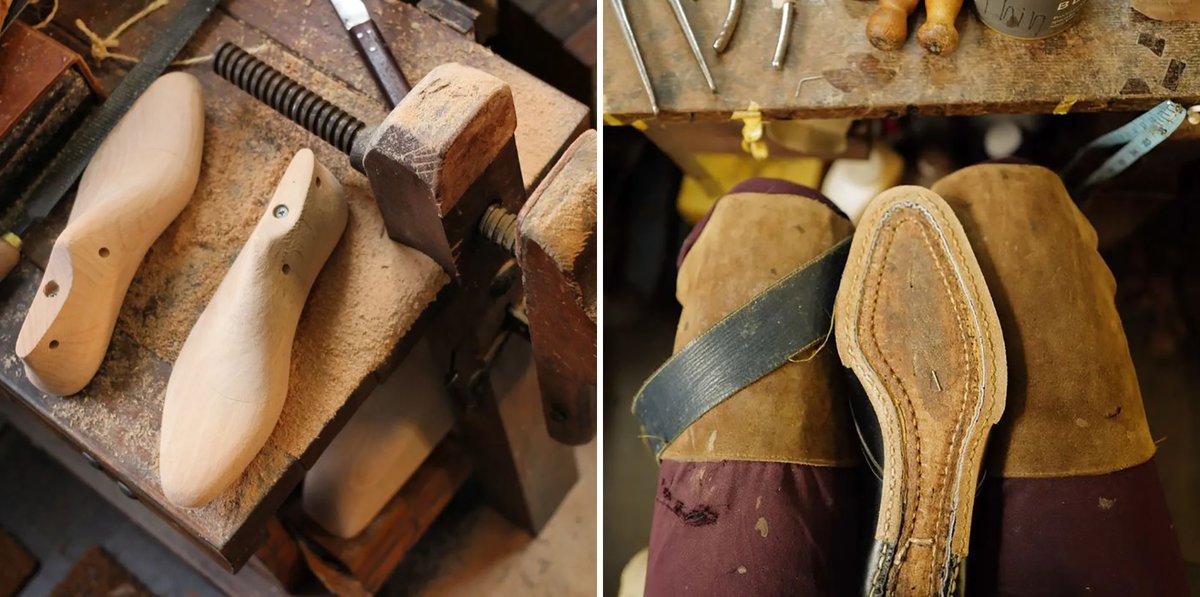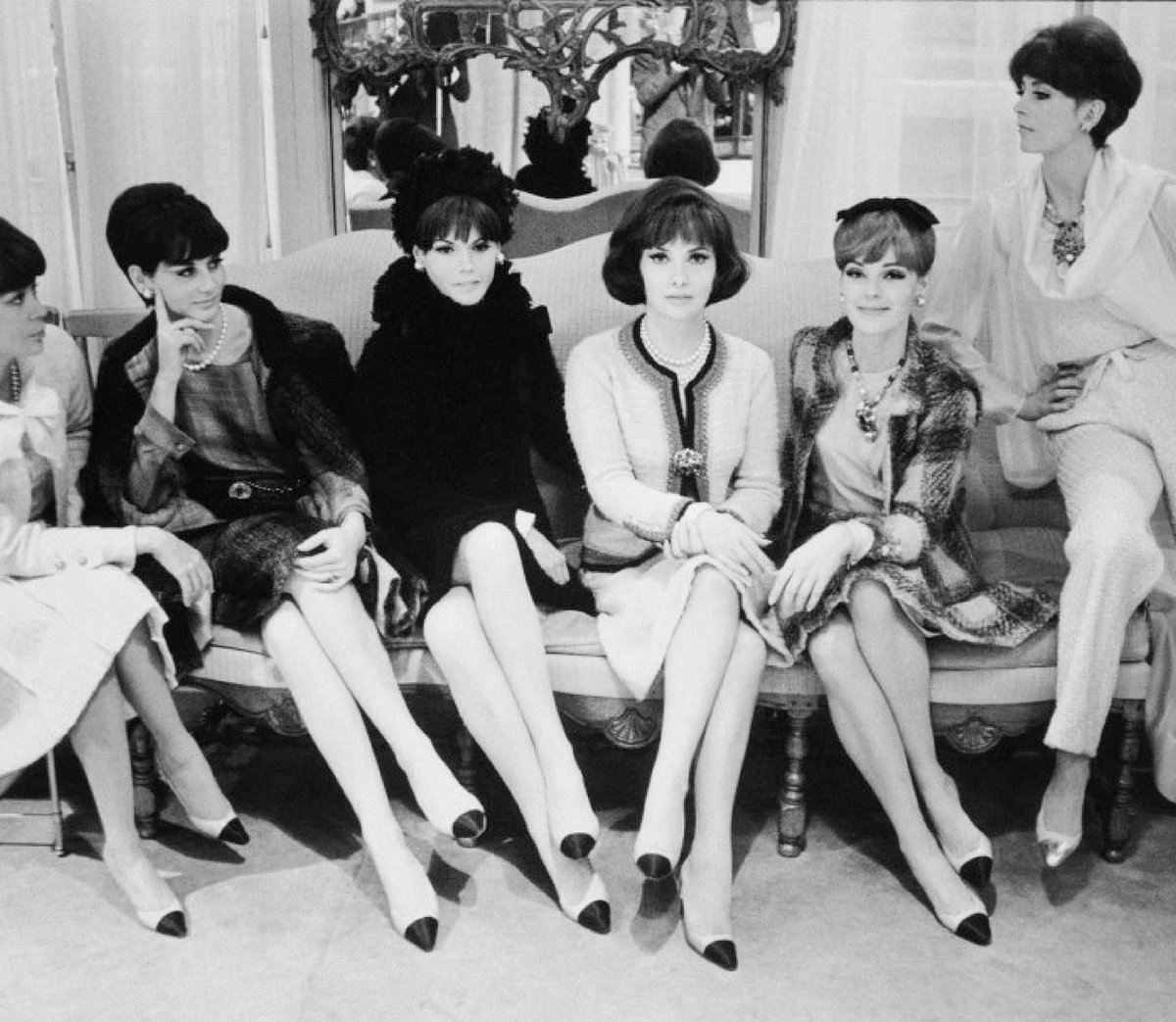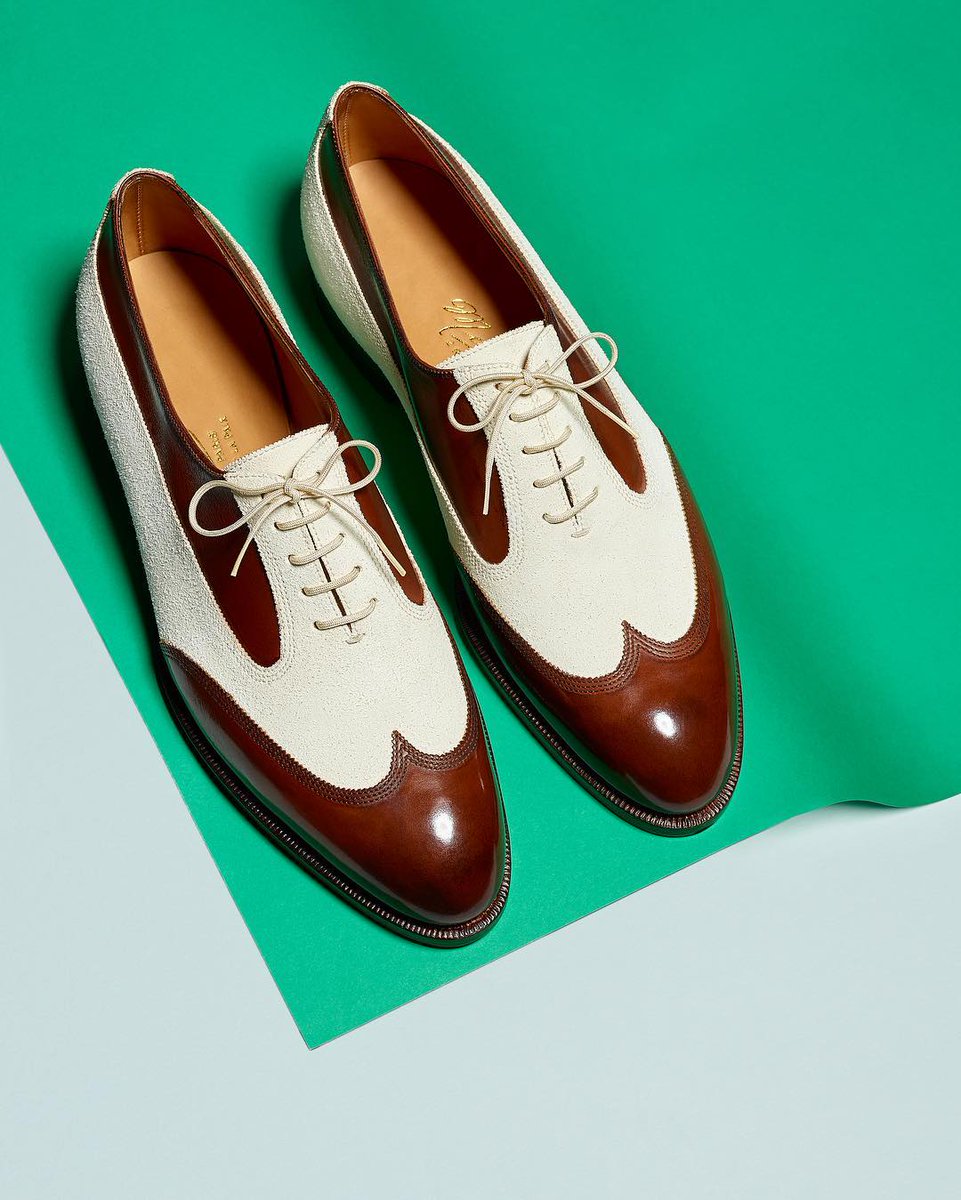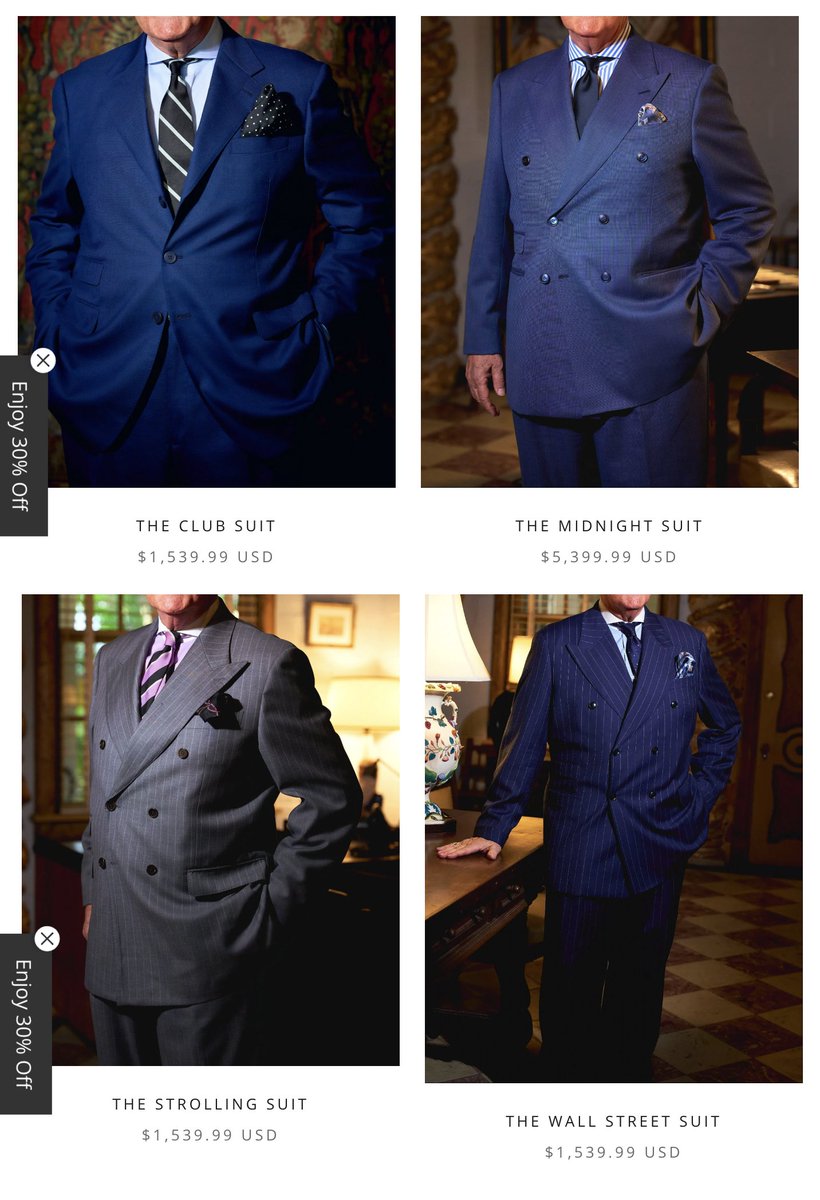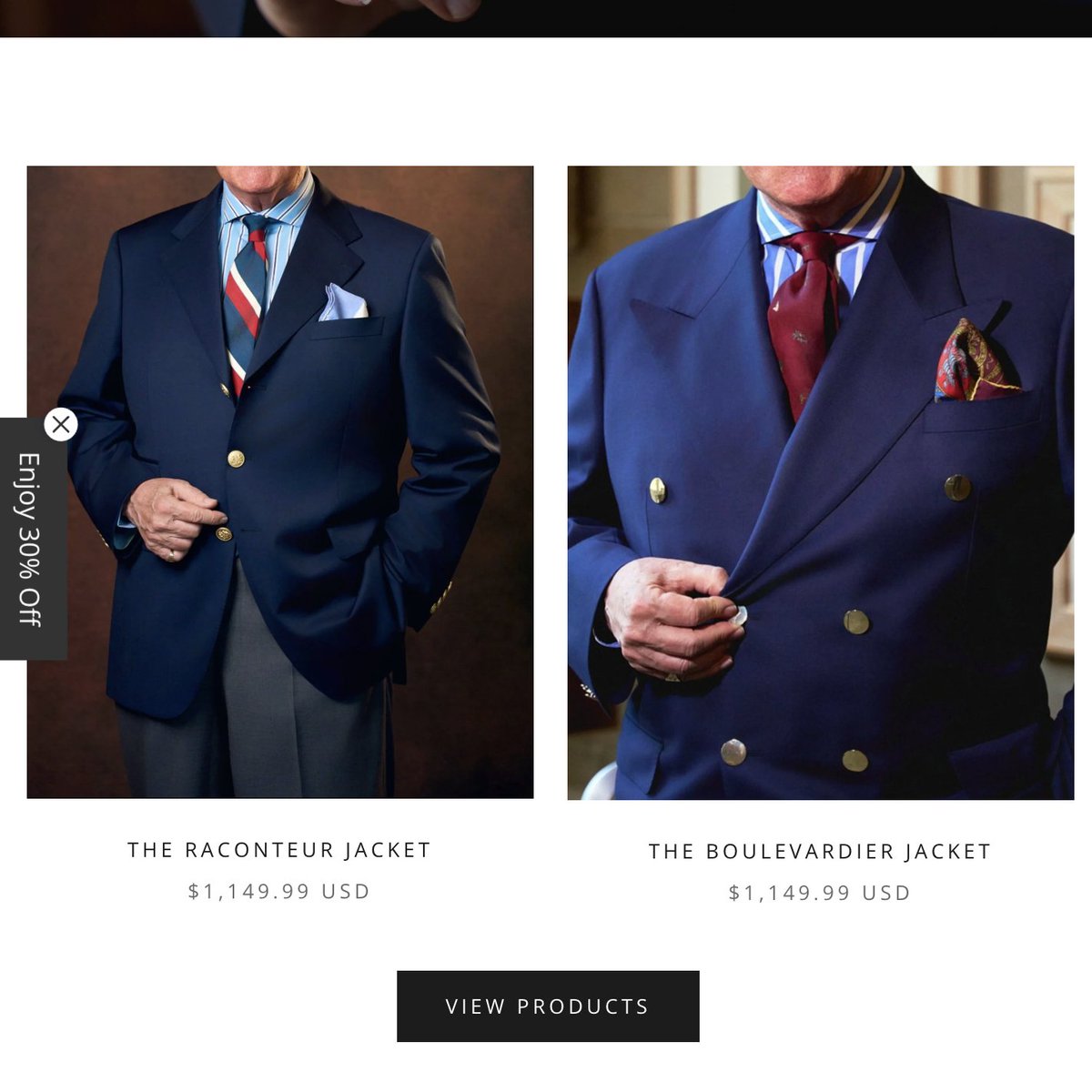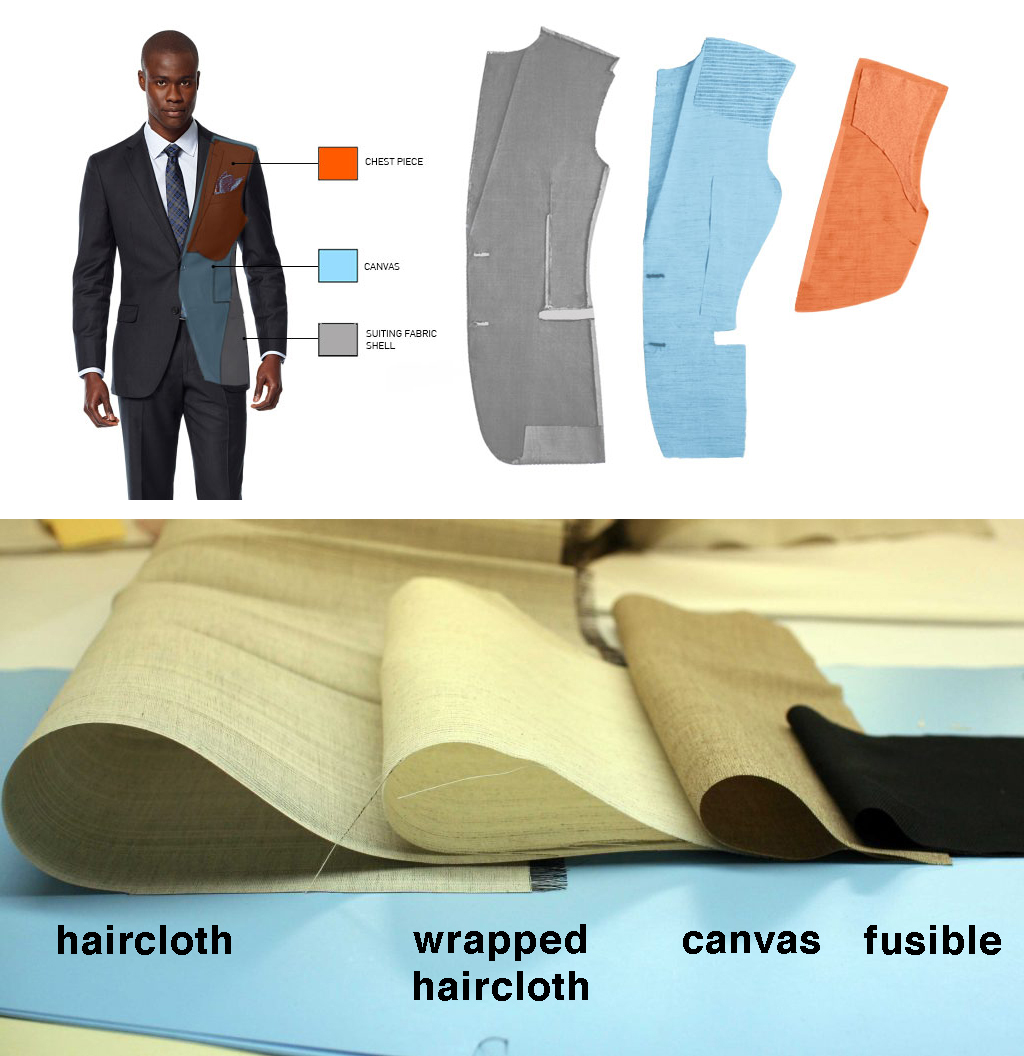Some style lessons from Gerard Basquiat, a Haitian immigrant whose son helped define the New York art scene and neo-expressionism. 🧵 

In tailoring, the term "gorge" refers to the seam that connects a jacket's collar to its lapels. This determines the shape and placement of the lapel's notch. The most classic placement creates a horizontal line running from the notch to the collar points.




As a counter reaction to 1990s Armani, which had excessively low gorges, men's tailoring has seen gorges creep up over the last 20 years. It's not uncommon to see a notch lapel almost sitting on top of the shoulder. Or peak lapels flying off the shoulder.




Something interesting about Gerard Basquiat's tailoring is that he always wore a notch that was basically level with his collar points. In this way, the notch is never too high or low; it's just classic. Compare to Ted Cruz's overly high gorge.




Interestingly, Gerard carried this proportion into the later part of his life, bucking ready-to-wear trends. This again looks very tasteful (compare to the peak lapel a bit up-thread, which was flying off someone's shoulder). 

People often think about clothes just in terms of sizes (small, medium, large). But a more defining aspect is their shape. Gerard's tailoring had tremendous shape, as evidence in the lapel's roll at the buttoning point. Compare to Cruz's lapel, which is pressed flat like panini




Men are often reluctant to wear a higher-rise trouser because they don't want to look like an old man. But in a tailored outfit, the trouser rise serves a function: it covers up the bit of shirt fabric that would otherwise peek out from beneath the coat's buttoning point.
A suit is simply a garment where the jacket and pants have been made from the same cloth. This should create a coherent whole. When shirt fabric flashes beneath the jacket's buttoning point, it disrupts the line and spoils the sense of elegance.




Gerard's sense of elegance is carried into his accessories. When wearing dark worsted suits, Gerard wore small dress watches on a leather strap. This looks much better than chunky sport watches, such as Cruz's Tag Heuer chronograph, which are better for casualwear.




I suspect Gerard wore a Cartier Tank. His son's friend, Andy Warhol, also famously wore a Tank, once quoted as saying: “I don't wear a Tank to tell the time. In fact, I never wind it. I wear a Tank because it's the watch to wear.” Maybe Gerard suggested the style to him.




Gerard's sense of quiet sophistication is also reflected in his ties. This spotted one reminds me of something Gore Vidal once wore while hanging out with JFK. Very demure, very tasteful.




It's hard to talk about how to choose tasteful ties without spinning out an entire thread. But it's a generally good idea to stay away from overly shiny materials or busy designs. Jacquards, where a pattern has been woven into the silk, can also be dangerous. These are ugly:




Most men today don't wear ties; they often look for ways to dress down tailoring. When doing so, I encourage you to never wear dress shirts with black buttons or contrast linings, as these look cheap and tacky. Go for something more classic, like Gerard's skipper collar polo.




Additionally, when wearing knitwear, consider getting something that's a bit more textured. Texture is an easy way to add visual interest to an outfit, which is helpful when you can't layer with a coat or jacket.




They can also be warmer and more rugged. Here's Gerard wearing a heavy woolen Shaker knit with a collared shirt and cotton pants while feeding his son at a park. A good dad outfit. 

Ultimately, you will look great if you choose clothes that fit and flatter, develop an eye for details, and add dimensions such as tasteful textures and patterns when possible. 

To end, here are some of my favorite photos of Jean-Michel Basquiat. These were taken by Yutaka Sakano in 1983 when the artist was visiting Tokyo. As such, he's also wearing vintage items from Japanese designer Issey Miyake. Note the concept of "shape and drape" here.








• • •
Missing some Tweet in this thread? You can try to
force a refresh




